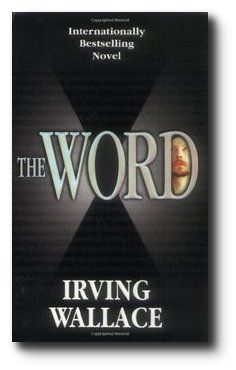
Word
Purchase of this book includes free trial access to www.million-books.com where you can read more than a million books for free. This is an OCR edition with typos. Excerpt from book: CHAPTER II THE FRENCH REVOLUTION: COLERIDGE At a time when the study of literary influences, the influence of nation on nation, of poet on poet, of book on book, threatens to claim the whole field of literary history, the case of Wordsworth has a special interest. The rainbow of Romanticism has been unweaved; the imports of Romanticism have been traced to the places of their growth. One man read Shakespeare; another buried himself in Northern mythology; a third, weary of the monotony of his own good sense and sound judgment, brought drugs and perfumes from the East. A whole tribe of workers busied themselves with the resuscitation of the ideas and arts of the Middle Ages. And it cannot be denied that the Middle Ages, misunderstood, in its own way and for its own purposes, by the Eighteenth Century, furnished the most picturesque part of its outfit to the Romantic Revival. Of all literary influences in the England of the close ofthe century Percy's Reliques was incomparably the most powerful. But the complex machinery of loans, imports, bequests, letters of credit, and orders of affiliation does not in the end explain Romanticism. The compass of human expression is limited; the variations of human thought are, after all, slight variations; and an age that seeks expression for its philosophy is always to be found wisely foraging in the storehouse of the past. Its philosophy, nevertheless, is its own, and, unless it is no better than a foolish imitation, derives from experience of life. One and the same tendency of thought and feeling, resulting from the pressure of a single age and civilisation on the eternal motives of human nature, is manifested in many minds at the same time; and then, and then only, does the search for expression begin. It is the interest of Wordsw...